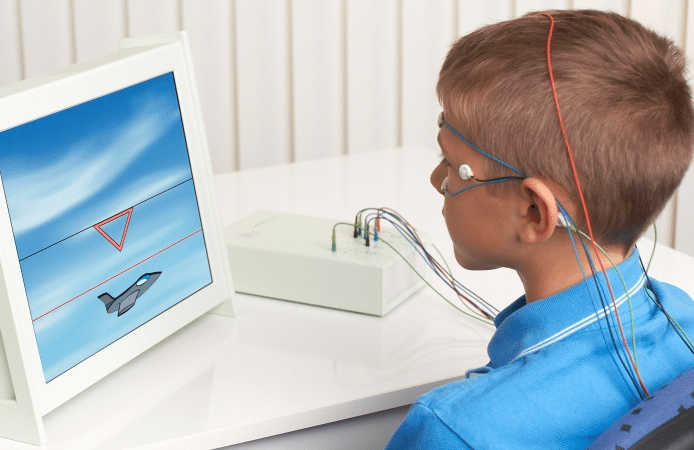Investigating The Way Sleep Disorders Interfere with Brainwave Function and Affect Mental Function
Investigating The Way Sleep Disorders Interfere with Brainwave Function and Affect Mental Function
Blog Article
Slumber is an crucial part of our daily lives, allowing our physical selves and minds to rest and rejuvenate. However, many individuals suffer from sleep disorders, which can considerably disturb slumber patterns. These disorders can result to various issues, including changes in neural wave activity. Neural waves are electronic signals in the brain that reflect our cognitive state and function. When slumber is interrupted, the normal patterns of neural waves can be impacted, resulting to issues with cognitive function, such as recall, attention, and decision-making.
There are various types of slumber disorders, including sleeplessness, slumber apnea, and restless leg syndrome. Insomnia is characterized by difficulty going or remaining asleep, while slumber apnea involves interruptions in breathing during slumber. Restless leg syndrome causes discomforting sensations in the limbs, leading to an irresistible urge to shift them. Each of these disorders can disrupt the natural slumber cycle, which consists of various stages, including light sleep, profound sleep, and REM (rapid eye movement) sleep. Each stage holds a crucial role in preserving overall brain health and performance.
When sleep disorders disturb with these stages, brainwave activity can become irregular. For instance, during profound sleep, the brain generates slow delta waves, which are essential for physical restoration and recall consolidation. If a individual undergoes frequent awakenings or does not attain deep sleep, the generation of these delta waves is reduced. This can lead to difficulties in learning new information and holding memories. Additionally, REM sleep, which is associated with fantasizing and emotional processing, is also impacted. Interruptions in REM sleep can result to issues with emotional regulation and inventiveness.
The impact of sleep disorders on cognitive function is substantial. Research has demonstrated that individuals with slumber disorders often experience difficulties with focus and focus. This can influence their performance at school or work, making it challenging to complete tasks or engage in discussions. Furthermore, long-term sleep deprivation can result to emotional changes, increased stress, and even nervousness or melancholy. These cognitive and affective challenges can create a cycle, where poor sleep results to cognitive difficulties, which in turn can lead to more slumber problems.
Addressing sleep disorders is essential for improving neural wave activity and mental function. Treatment options may encompass habitual changes, such as creating a regular slumber schedule, establishing a comfortable slumber environment, and engaging in relaxation techniques. In some cases, medical intervention may be necessary, such as using a CPAP machine for slumber apnea or medication for insomnia. By valuing slumber and seeking appropriate Learn More Here treatment, people can enhance their overall mental abilities and improve their quality of life. Understanding the relationship between sleep disorders, neural wave activity, and cognitive function is an important step toward improved health and wellness.